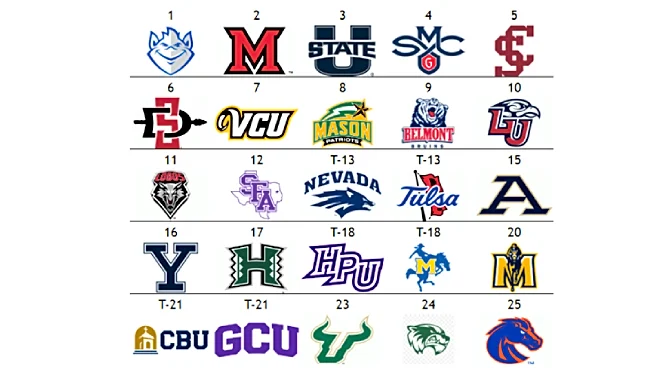Rapid Read • 7 min read
James Arthur McDonald Jr., a former CNBC pundit and financial analyst, has been sentenced to five years in prison for defrauding investors in a scheme that resulted in multimillion-dollar losses. McDonald, who was the CEO and chief investment officer of Hercules Investments LLC and Index Strategy Advisors Inc., misled investors by adopting a risky short position against the U.S. economy following the 2020 presidential election. This strategy, based on the assumption that the COVID-19 pandemic and the election would cause a market sell-off, failed, leading to significant client losses. Despite these losses, McDonald continued to solicit funds, misrepresenting their intended use and failing to disclose the firm's financial troubles. He misappropriated funds for personal expenses, including luxury car purchases and rent payments, and engaged in Ponzi-like payments to clients.
AD
This case highlights significant issues within the financial industry, particularly concerning investor trust and the ethical responsibilities of financial advisors. McDonald's actions resulted in over $3 million in losses for his victims, undermining confidence in financial markets and investment firms. The case underscores the importance of regulatory oversight and the need for transparency in financial dealings. It also serves as a cautionary tale for investors to conduct thorough due diligence and remain vigilant against potential fraud. The sentencing reflects the legal system's commitment to holding individuals accountable for financial misconduct, which is crucial for maintaining market integrity.
McDonald is expected to pay restitution, with the amount to be determined by a U.S. district judge. This case may prompt increased scrutiny of financial advisors and investment firms by regulatory bodies such as the Securities and Exchange Commission. It could also lead to more stringent regulations and compliance requirements to prevent similar fraudulent activities in the future. Investors and financial institutions may need to reassess their risk management strategies and enhance their internal controls to safeguard against potential fraud.
AD
More Stories You Might Enjoy













